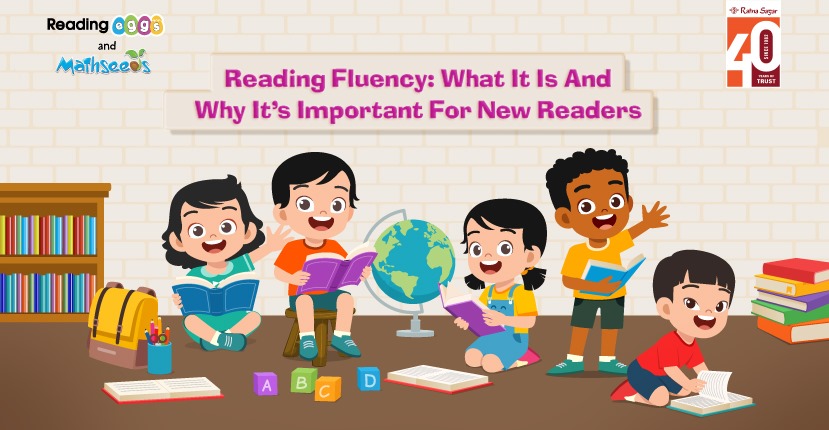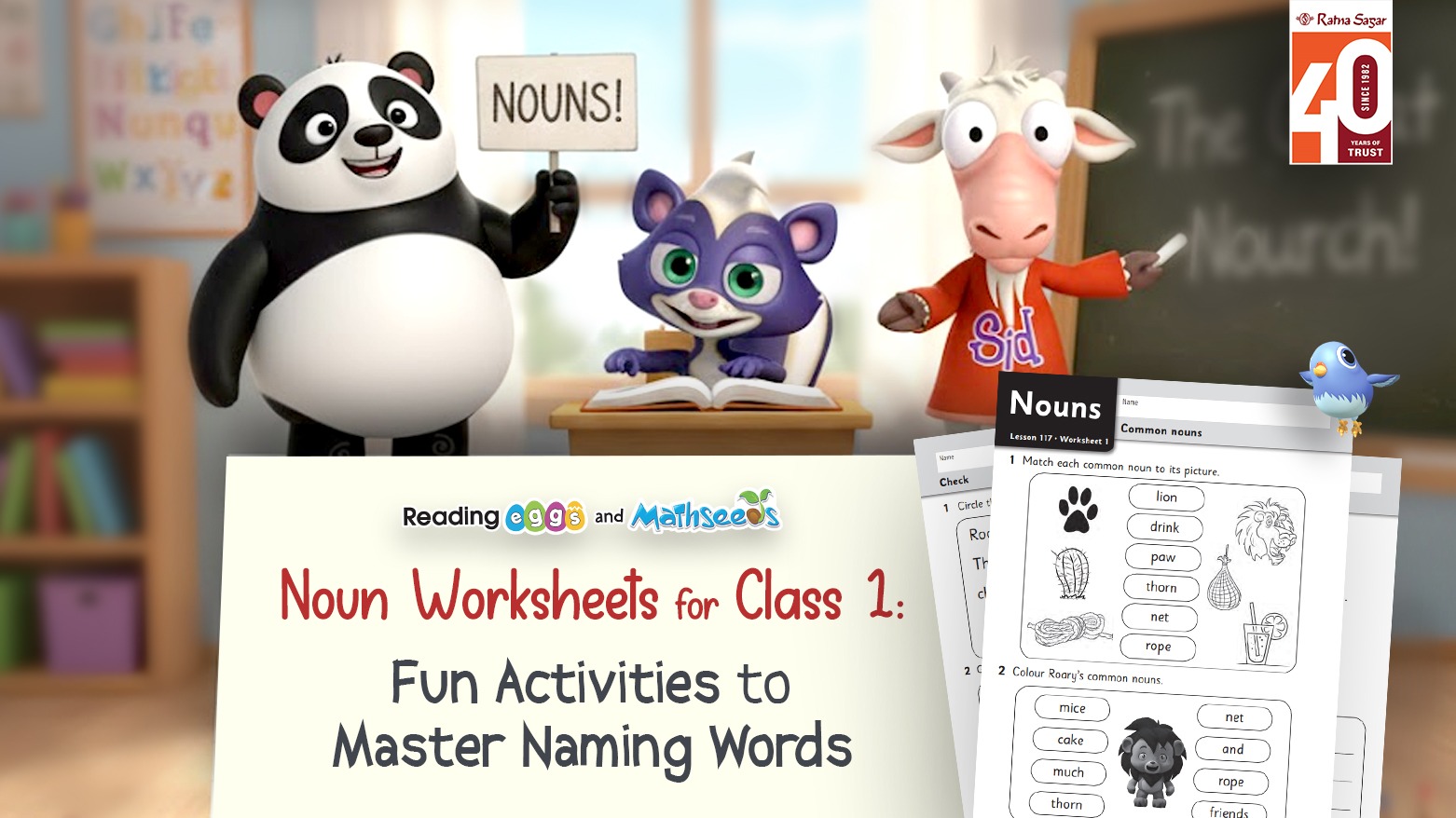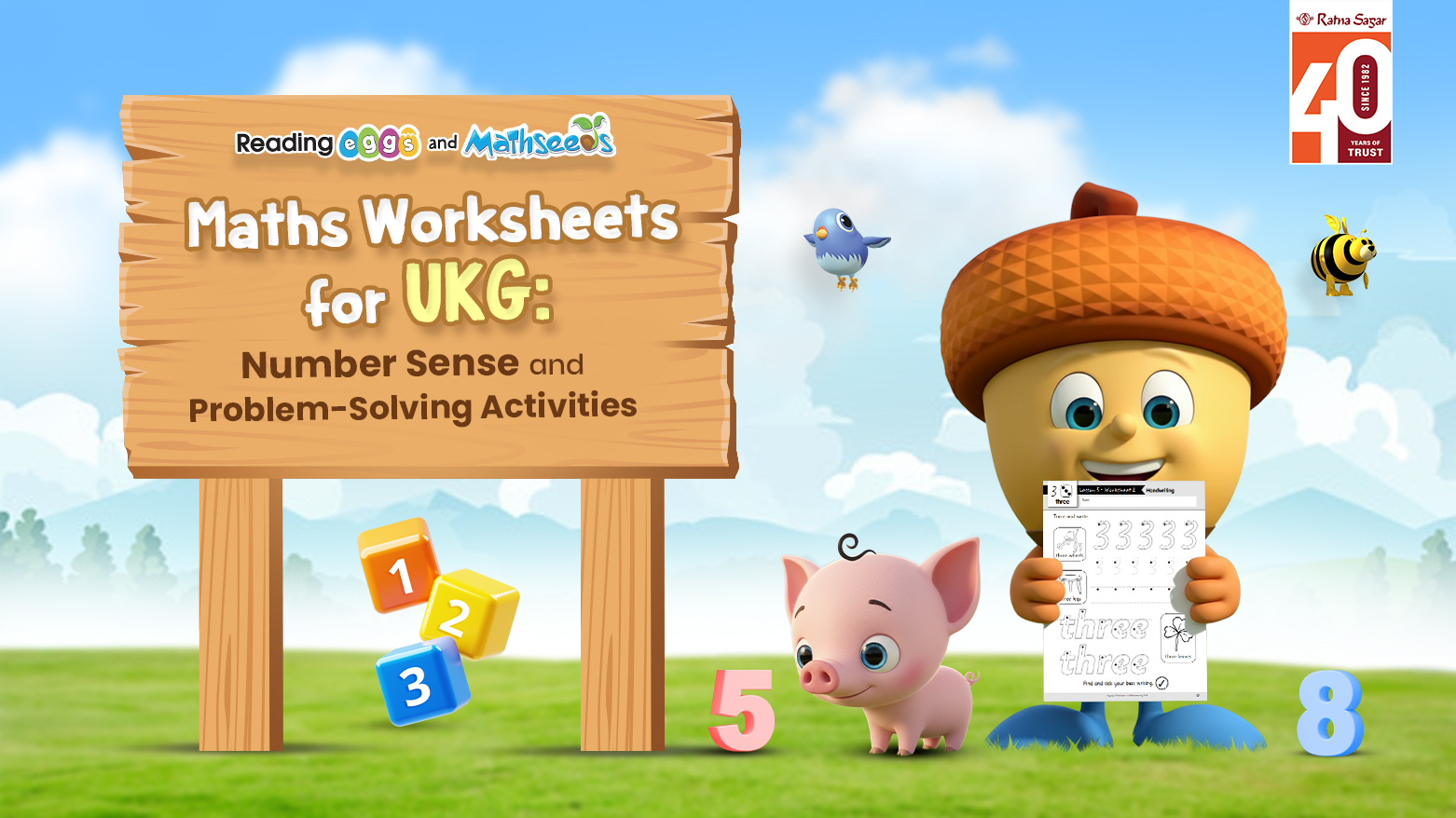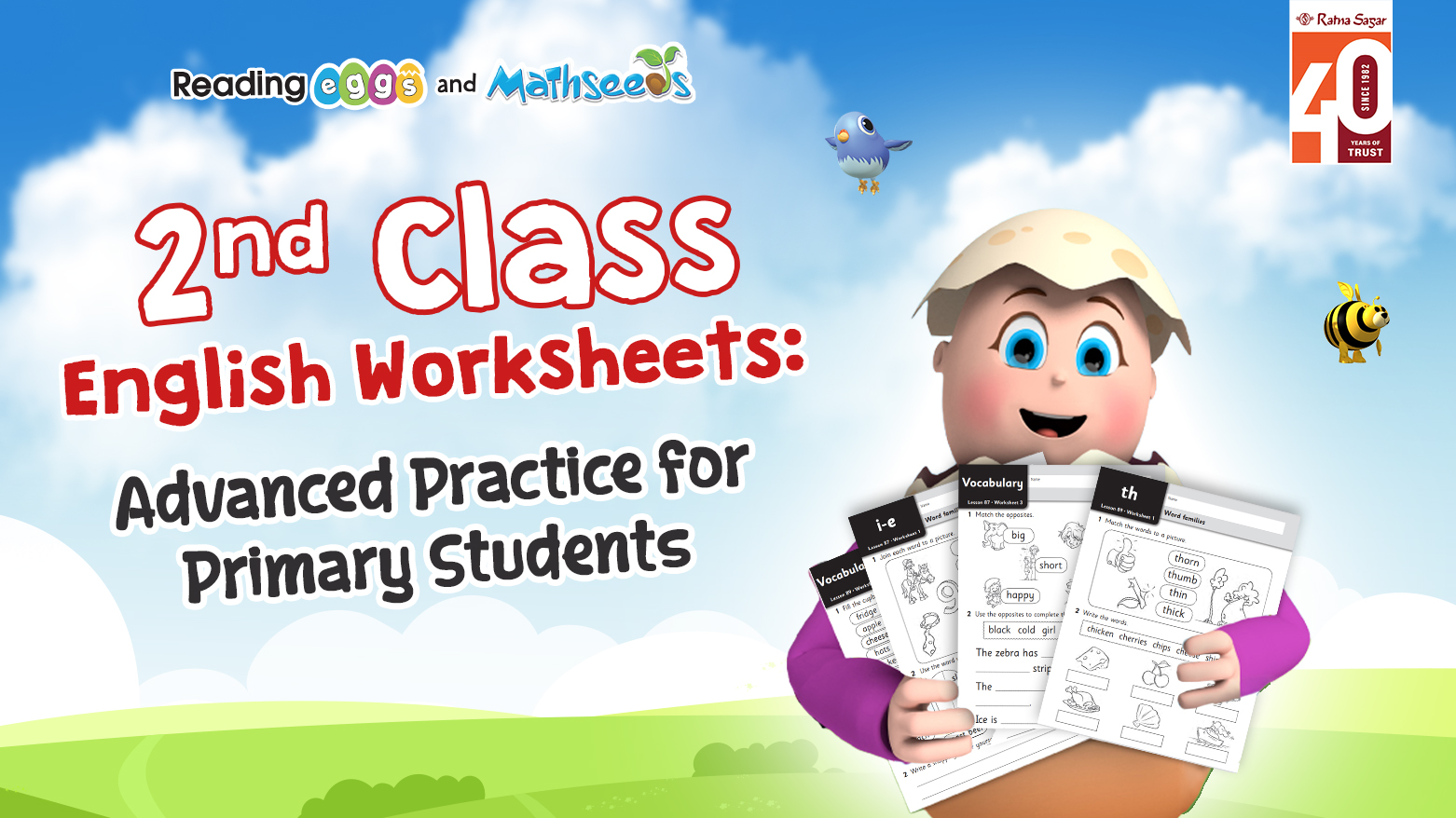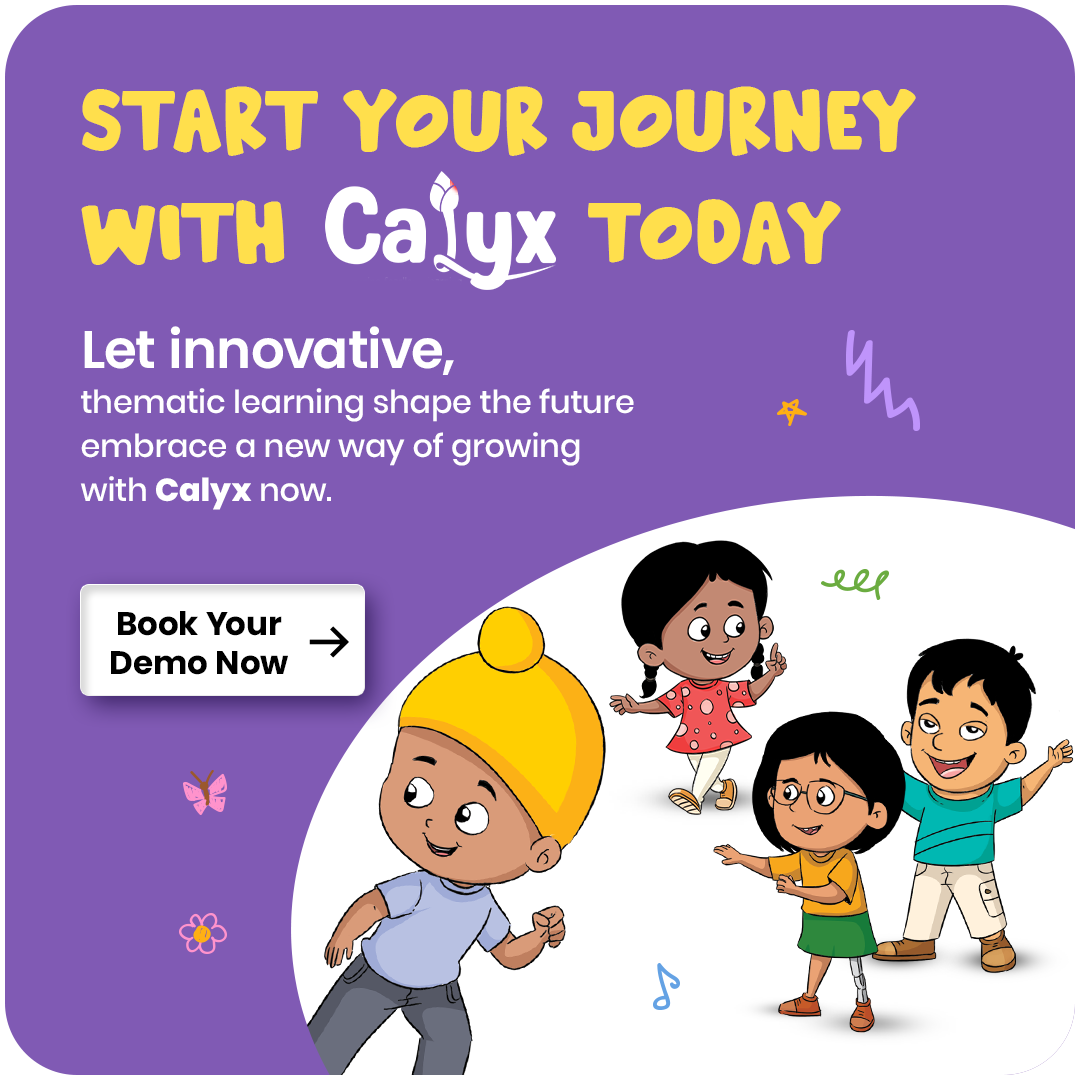Reading fluency is one of the essential pillars of early literacy. It is the ability to read text accurately, quickly and with proper expression. For new readers, achieving reading fluency is crucial because it builds the foundation for comprehension, learning and overall academic success. Reading provides immense benefits to children. But what exactly is reading fluency and why is it so important for kids who are just starting their reading journey?
What Is Reading Fluency?
Reading fluency refers to the ability to read words correctly at an appropriate pace, all while adding natural expression. Fluency goes beyond simply sounding out words—it’s about understanding the text as a whole. When children are fluent readers, they spend less mental energy decoding individual words and can focus more on grasping the meaning of what they are reading. Fluency is often measured by three key factors:
- Accuracy: How well a child can correctly identify words.
- Pace: The speed at which a child reads without losing accuracy.
- Expression: The use of intonation, rhythm and phrasing, which helps convey the meaning of the text.
Book 7 days FREE trial For UKG Maths Worksheet
Why Is Reading Fluency Important?
For new readers, reading fluency is a significant milestone in their literacy journey. It affects their overall ability to develop reading skills, especially in terms of comprehension. When children read fluently, they no longer struggle with decoding each word. This allows them to understand the text better and engage with it on a deeper level. Here are a few reasons why fluency is so important for early readers:
- Comprehension: Fluency helps children focus on the meaning of the text rather than being bogged down by decoding.
- Confidence: Fluent readers are more likely to enjoy reading and feel successful, boosting their confidence.
- Motivation: When reading becomes easier, children are more motivated to pick up books and explore the world of stories and information.
Learning vowels can immensely contribute to achieving reading fluency. Read here.
How to Develop Reading Fluency for Kids?
Helping children build reading fluency for kids requires practice, encouragement and engagement with fun and educational activities. Here are some effective strategies:
- Reading Aloud: Reading to your child and encouraging them to read aloud is one of the simplest yet most effective ways to build fluency. This practice improves accuracy, pace and expression.
- Repeated Reading: Have children read the same passage multiple times. Each repetition helps them improve their speed and accuracy.
- Guided Reading Sessions: Working with a teacher or a parent on more challenging texts can push children to improve their reading abilities.
- Incorporating Reading Fluency Games: Making fluency practice fun through games is a great way to keep children engaged. For instance, activities like “Speed Reading Challenges” or “Fluency Bingo” add excitement and help children practice fluency in a low-pressure environment.
The Role of Programs Like Reading Eggs and Mathseeds
To further support children in developing strong literacy skills, digital learning platforms like Reading Eggs and Mathseeds offer a variety of structured, engaging lessons. Reading Eggs focuses on early reading, helping kids build fluency through interactive stories, lessons and games that adapt to their individual progress. This program incorporates reading exercises and reading fluency games to make the process enjoyable while building essential skills. Their gamified learning environment helps children stay motivated and track their progress, making it a highly effective tool for parents and teachers.
Conclusion
Reading fluency is an essential component of early literacy that allows children to move from simply decoding words to understanding and enjoying texts. As they grow in their fluency, their ability to comprehend and learn from what they read will significantly improve, setting them up for success in all areas of life. By using effective strategies such as reading aloud, guided practice and incorporating reading fluency games, parents and educators can make learning to read a positive and rewarding experience. Programs like Reading Eggs and Mathseeds are valuable tools in this journey, providing fun and interactive ways for children to develop reading skills and enjoy the learning process.
